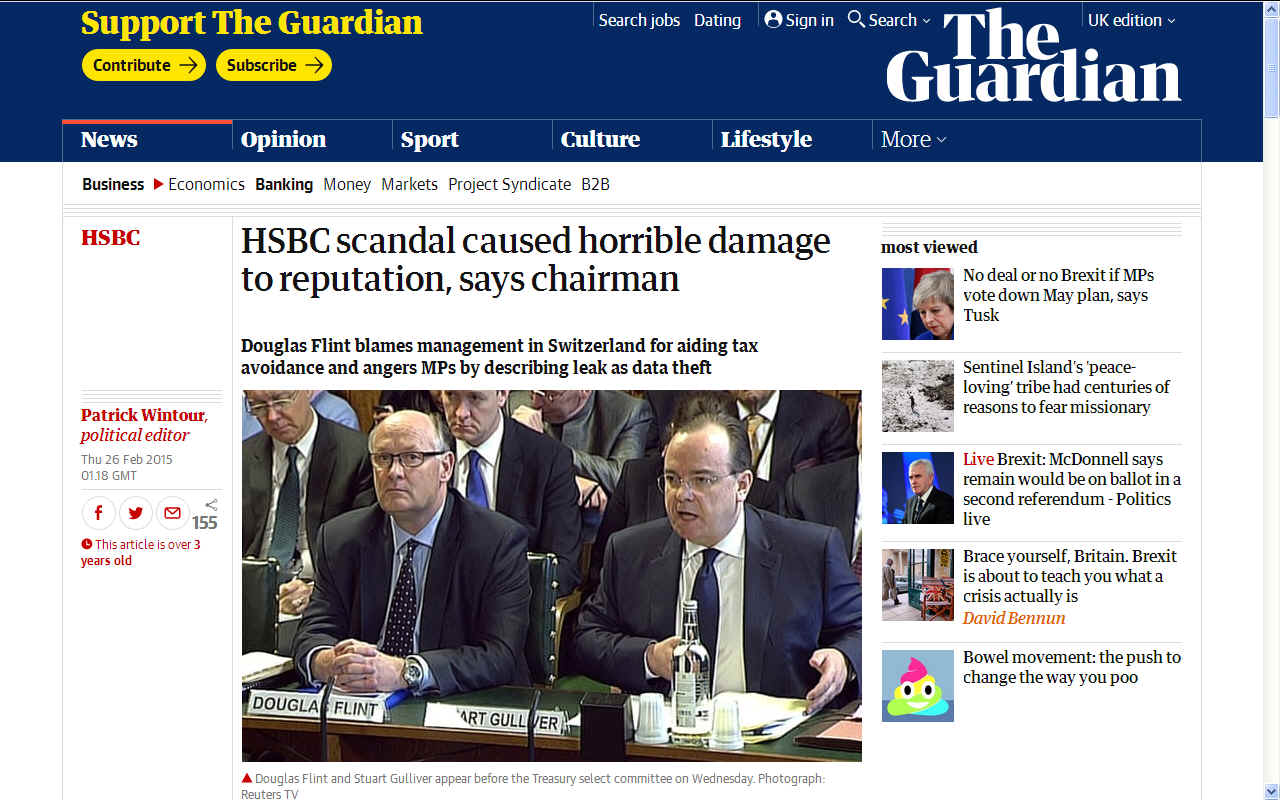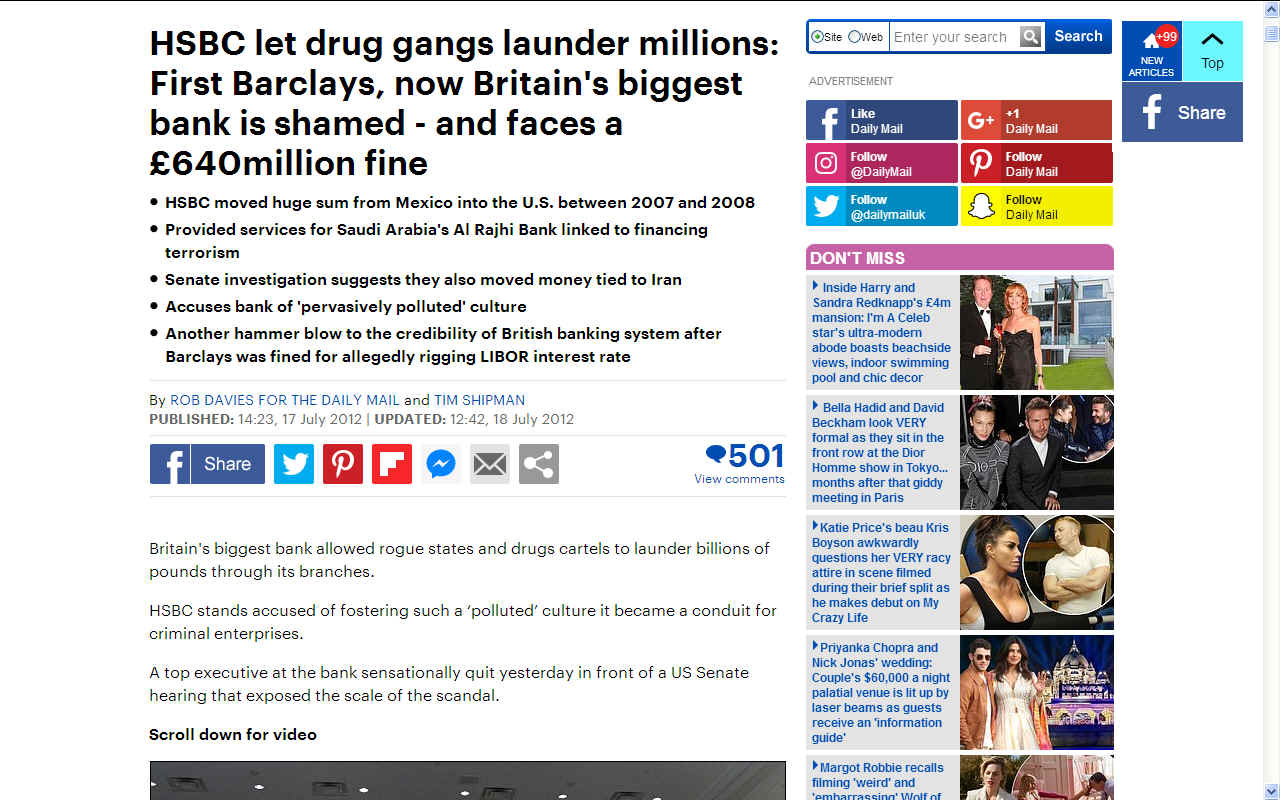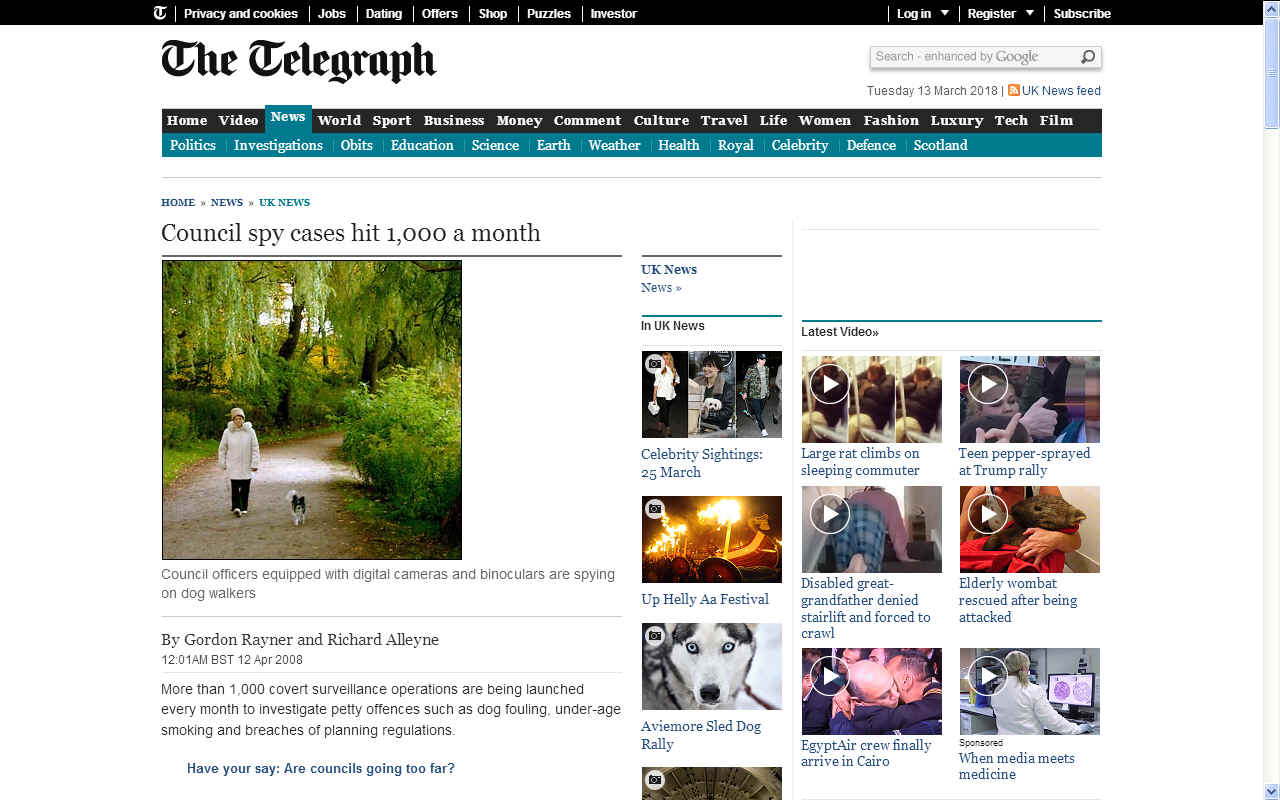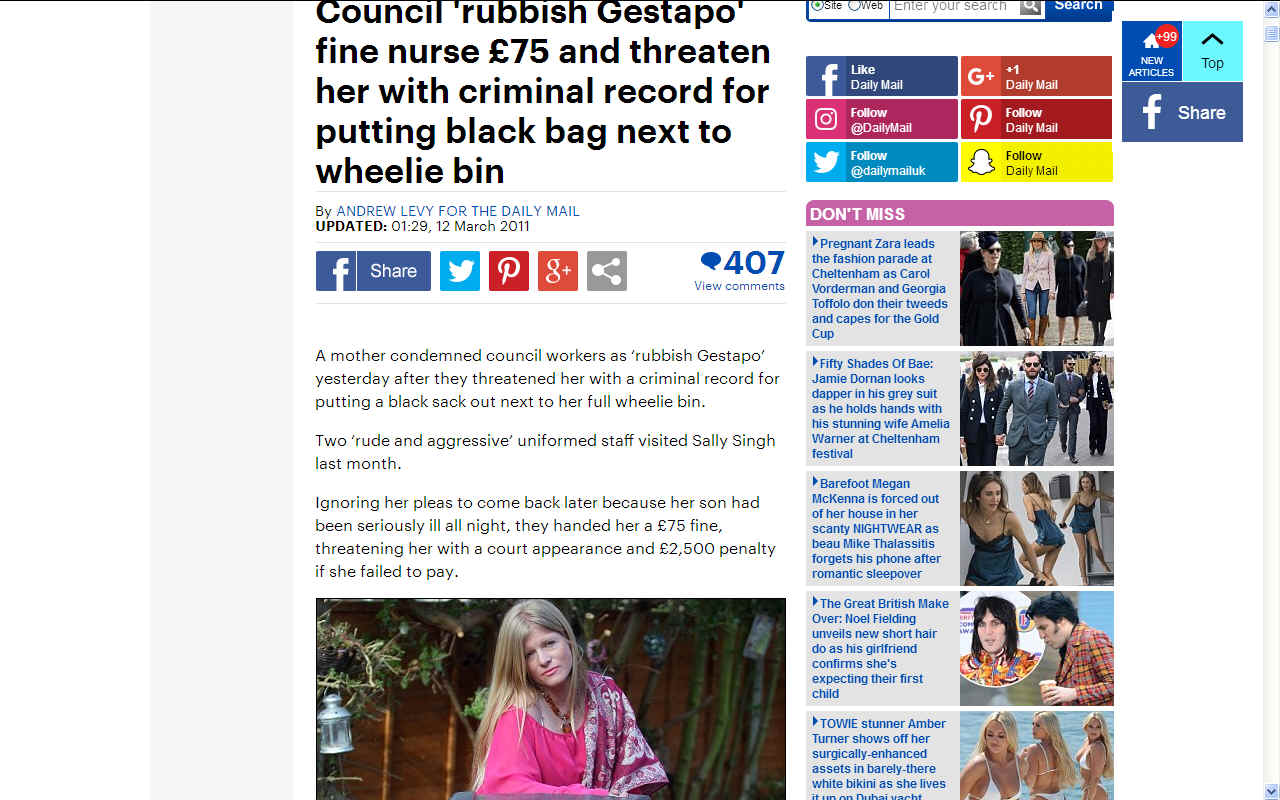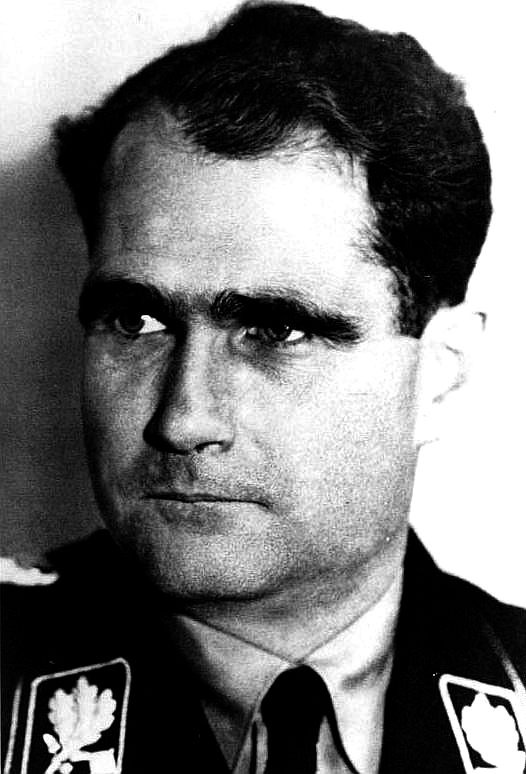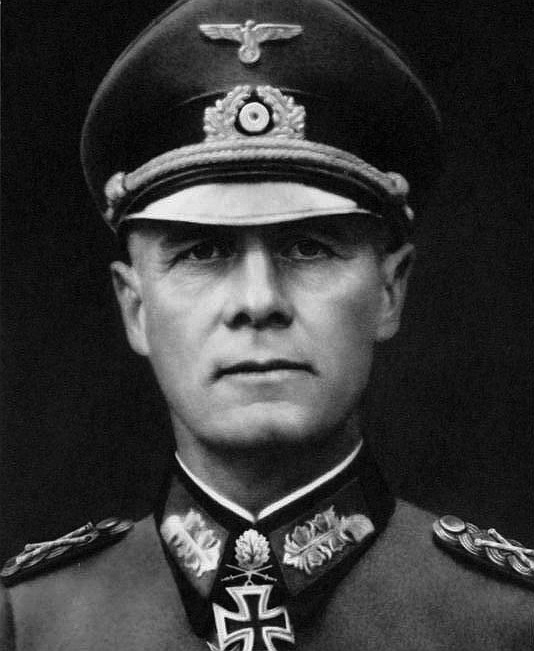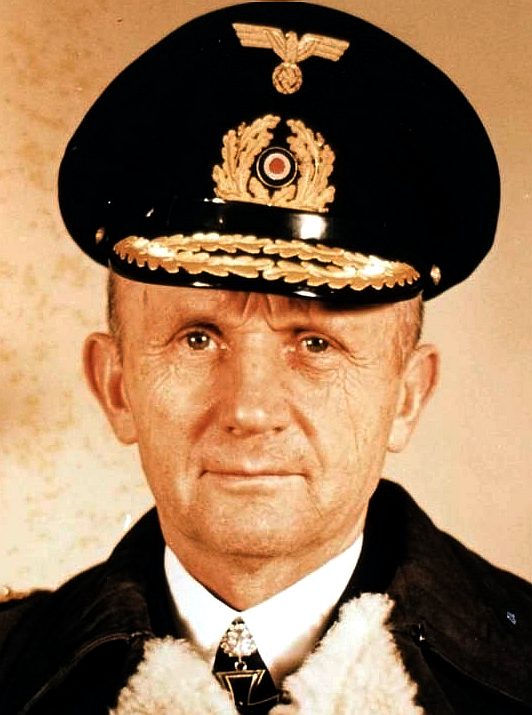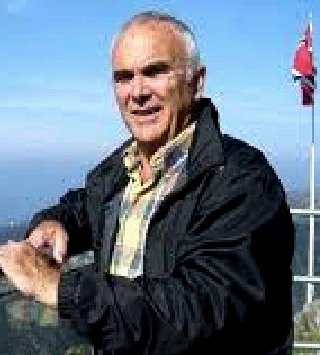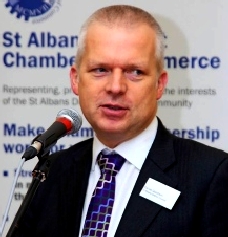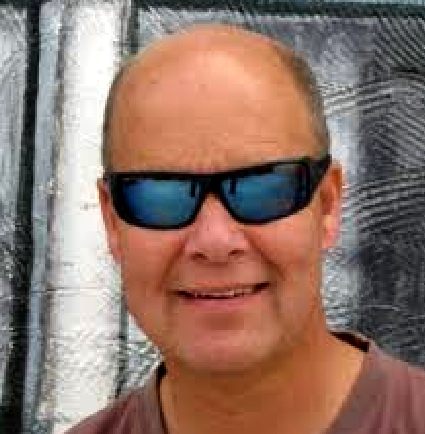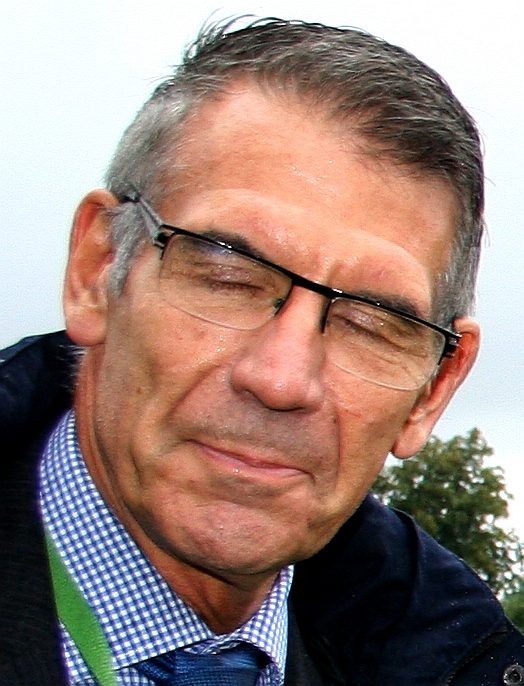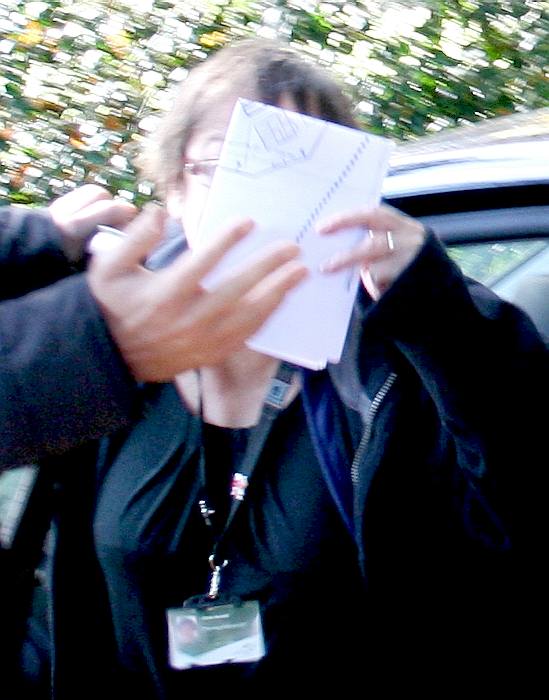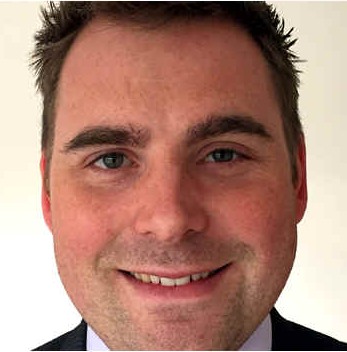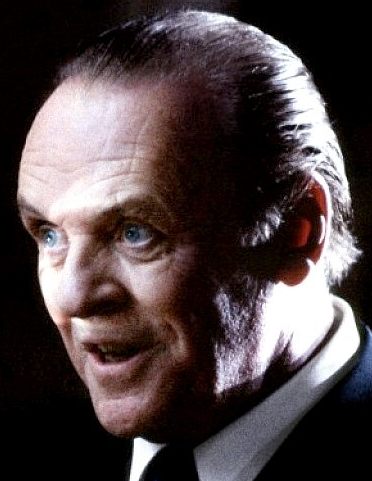|
TIM AUSTIN
HOME | CASE STUDIES | HISTORY | HUMAN RIGHTS | LAW | POLICE | POLITICS | RIGHTS | SHIT CREEK | SITE INDEX |
||||||||||||||||||||||||||||||||||||||||||||
|
THE
GUARDIAN 2015 - The chairman of HSBC has admitted his shame at the “horrible reputational damage” the bank has suffered following the revelations of the systematic aiding of tax avoidance at its Swiss subsidiary, but has refused to take personal responsibility for the failings.
The Eastbourne branch of the Hong Kong Shanghai Bank held an account for a fledgling soft drinks company for many years without any issues. Things changed when one of their customers staged a fight with Wealden District Council, asking Sussex Police to investigate what appeared to be organised malfeasance in public office, a serious crime for which the maximum penalty is life imprisonment. Sussex police did not investigate, faking an investigation and subsequent false report to the council's full committee, about which the police became party to the malfeasance.
The police failings happened some years before HSBC got involved, using anti-money laundering statute to ask questions that appear to be similar in format and to target one individual - the person who was making waves for Sussex police and the planning officers and chief executives of Wealden District Council. Is that just an unbelievable coincidence?
Little was the victim of what appears to be a conspiracy to know, but there was a masonic link lurking in the background in the form of the assistant district planning officer and his father in law, Bernard Best, and a councillor who belonged to the Tyrian Lodge in South Street, just around the corner from the police station in Grove Road.
The pattern of questions were first identified in a Contravention Notice served by Wealden on their target and other organisations with an interest in 2017. Later, Lloyds Bank asked a similar series of questions, once again targeting the same individual about shares that he did not own. Then HSBC joined in with Peter McIntyre and Laura Gaughan asking more questions with the same target in the mix. The branch concerned is/was at: 94 Terminus Road, Eastbourne, BN21 3ND.
Prior to this Barclays bank has closed an account in what looks to be part of the same state sanctioned agenda, in a lesser form. But nevertheless an account was closed despite protestations as to loss. It remains to be seen if there is any other connection or common denominator. At the moment it all points one way.
The objective appears to be to cause a lot of work for the individual and any concern that he worked for, ultimately to force the closure of accounts - and so prevent their target from making money or having any chance of being successful. You might care to agree that banks are supposed to be supportive of entrepreneurs, not do their best to put them out of business.
At first Laura Gaughan tried to interrogate the director of this company over the telephone. Before this conversation (that was recorded as evidence) there was a recorded delivery letter saying to phone to make an appointment to visit the branch. That was misleading to say the least. Laura did not want an appointment to talk about things at the local branch, she only wanted to fire a series of questions at the director that were designed to get the director to incriminate herself, without giving any indication as to what the subject matter was so as to allow the director to refer to the files for accuracy. Talk about human rights violations. Has Laura not heard of a person's miranda rights. Or, in this country, the right to remain silent as per Article 6. But more importantly, the right to know what is being leveled at her, before saying anything that may be misconstrued.
When the company director realised it was a stitch up, she asked for the questions in writing. Sure enough, there came a long list of questions aimed at Mr Nelson Kruschandl, even mentioning him by name. The pattern is, as we say, remarkably similar in format, qualifying as institutionalised discrimination when coupled to the behaviour of Barclays and Lloyds banks - and of course, Wealden District Council under the leadership of Charles Lant, now Trevor Scott.
The account expenditures were small purchases that any business would make and others essential to the cause, in this case supporting a charity with free administration services.
The soft drinks company wrote back to Laura Gaughan asking for clarification of issues, also providing copy of Wealden's contravention notice and other planning related documents that proved the the district council had lied to the Secretary of State in 1987 and 1997. Ms Gaughan failed to respond to the request for information and ignoring the letter from the soft drinks company, Peter McIntyre gave notice that the account would be closed.
HSBC could not respond to the questions being asked, or admit to conspiracy to pervert the course of justice, or worse.
Following this, a director of the soft drinks company attended the Eastbourne branch to ask why the company's correspondence had been ignored, when the account manager, Tim Austin, tried to explain that all customers were being asked similar questions. Mr Austin made it plain that he was not privy to the correspondence, hence could not comment on the letter of complaint.
The complainant makes no bones about Mr Austin, who had been helpful in the operation of this account over the years. His reply though was near identical to Ms Gaughan's when she was asked why the HSBC were asking a similar set of questions to that Wealden and Lloyds bank had been asking. Ms Gaughan also said all customers were being asked the same questions. But that could not possibly be true. Indeed, the level of research and coordination is suggestive of a dedicated witch hunt, all aimed at destroying the victim.
On the other hand, if all customers are being asked the same questions with a specific target, then are our banks now turning into a kind of Gestapo service for Her Majesty Queen Elizabeth?
DAILY
MAIL 17
JULY 2012 - Britain's biggest bank allowed rogue states and drugs cartels to launder billions of pounds through its branches.
Saudi terror links
The Senate probe also examined banking HSBC did in Saudi Arabia with Al Rajhi Bank, which the report said has links to financing
terrorism.
Council civil servants are only one step removed from Nazi Gestapo officers, but think exactly like the brown shirts that led to World War Two. The planning system is particularly prone to breeding workers who develop a power complex and seem to take delight in what the ordinary man in the street would term sadistic practices.
The United Kingdom has laws that oppose the concept of a level playing field, allowing the police, councils and banks to target individuals and to hound them is such a manner as to prevent them from succeeding in the commercial world. For example, their names are flagged up on banking computers, whereupon the customer is given short shrift and shown the door. Hence, the victim cannot compete in the commercial world, where a bank account is a necessity to make purchases online and money transfers. Given that everyone should have the right to make a living on equal terms, this agenda appears to have all the hallmarks of some kind of secret society Fourth Reich in the making.
If the allegations are true, this is discrimination plain and simple. The kind of discrimination that led to the extermination of millions of Polish and Jewish people in the Second World War, after Adolf Hitler took his empire building and supposed ethnic cleansing programmes to new industrial heights with the Concentration Camps that are his legacy.
The Gestapo were enlisted to round up undesirables and herd them into the death camps to do forced labour until they either died of malnutrition or were put into the gas chambers to be exterminated using Zyklon B or even just the exhaust fumes from motor vehicles.
We wonder if this is a new era of Nazism in a new form. Clearly, if this kind of targeting of individuals is taking place by way of an undercurrent of activities by the state aimed at disadvantaging certain people, Article 14 is being violated along with many other Human Rights conventions adopted by the United Nations by way of the Universal Declaration.
We await hearing from the HSBC, Lloyds or Barclays and/or any of their employees (in confidence) should any member of their staff wish to Blow the Whistle or otherwise make comment on the above. We are also keen to hear from any council or police officer as to this matter.
..
WHO WE WERE FIGHTING AGAINST FROM 1939 TO 1945
WEALDEN'S OFFICERS FROM 1983 TO 2018
Abbott Trevor - Alcock Charmain - Ditto - Arnold Chris (Christine) - Barakchizadeh Lesley - Paul Barker - Bending Christopher Black Julian - Boakes Beverley - Bradshaw Clifford - Brigginshaw Marina - Brown Ashley - Coffey Patrick - Douglas Sheelagh Dowsett Timothy - Flemming Mike - Forder Ralph - Garrett Martyn - Goodwin Daniel - Henham J - Holness Derek Hoy Thomas - Johnson Geoff - Kavanagh Geoff - Kay Ian - Kay I. M. - Barbara Kingsford - Lant Charles - Mercer Richard Mileman Niall - Moon Craig - Moss Douglas, J. - Nuttall Christine - Pettigrew Rex - Phillips David - Scarpa Victorio - Scott Trevor Kevin Stewart - Turner Claire - Wakeford Michael. - Whibley David - White, George - Williams Kelvin - Wilson Kenneth - White Steve
The SS and SA were the special forces used for political purposes. It will not be long before councils in Britain are run by civil servants who think like Gestapo officers. They might as well cut out the pretence and wear brown shirts and long black boots. Heil Hitler! Banks are following suit, targeting individuals and companies where there is nothing sinister, but simply because they are out to get a particular person.
LINKS & REFERENCE
https://www.dailymail.co.uk/news/article-2174785/HSBC-scandal-Britains-biggest-bank-let-drug-gangs-launder-millions--faces-640million-fine.html https://www.theguardian.com/business/2015/feb/25/hsbc-scandal-horrible-damage-reputation-chairman https://www.birminghammail.co.uk/news/midlands-news/council-binmen-like-gestapo-former-7061110 http://www.dailymail.co.uk/news/article-1365235/Chelmsford-Council-rubbish-gestapo-fine-nurse-75-black-bag-wheelie-bin.html
UNIVERSAL DECLARATION OF HUMAN RIGHTS
EUROPEAN CONVENTION OF HUMAN RIGHTS
|
||||||||||||||||||||||||||||||||||||||||||||
|
This site is free of © Copyright except where specifically stated 1997 - 2021. Any person may download, use and quote any reference or any link, and is guaranteed such right to freedom of information and speech under the Human Rights and Freedom of Information Acts. However, be aware that we cannot be held liable for the accuracy of the information provided. All users should therefore research matters for themselves and seek their own legal advice and this information is provided simply by way of a guide. Horse Sanctuary Trust UK All trademarks herby acknowledged. Contact Us.
This site contains copyrighted material the use of which has not always been specifically authorized by the copyright owner. We are making such material available in our efforts to advance understanding of environmental, political, human rights, economic, scientific, and social justice issues, etc. We believe this constitutes a 'fair use' of any such copyrighted material as provided for in section 107 of the US Copyright Law. In accordance with Title 17 U.S.C. Section 107, the material on this site is distributed without profit to those who have expressed a prior interest in receiving the included information for research and educational purposes. FAIR USE NOTICE
|
